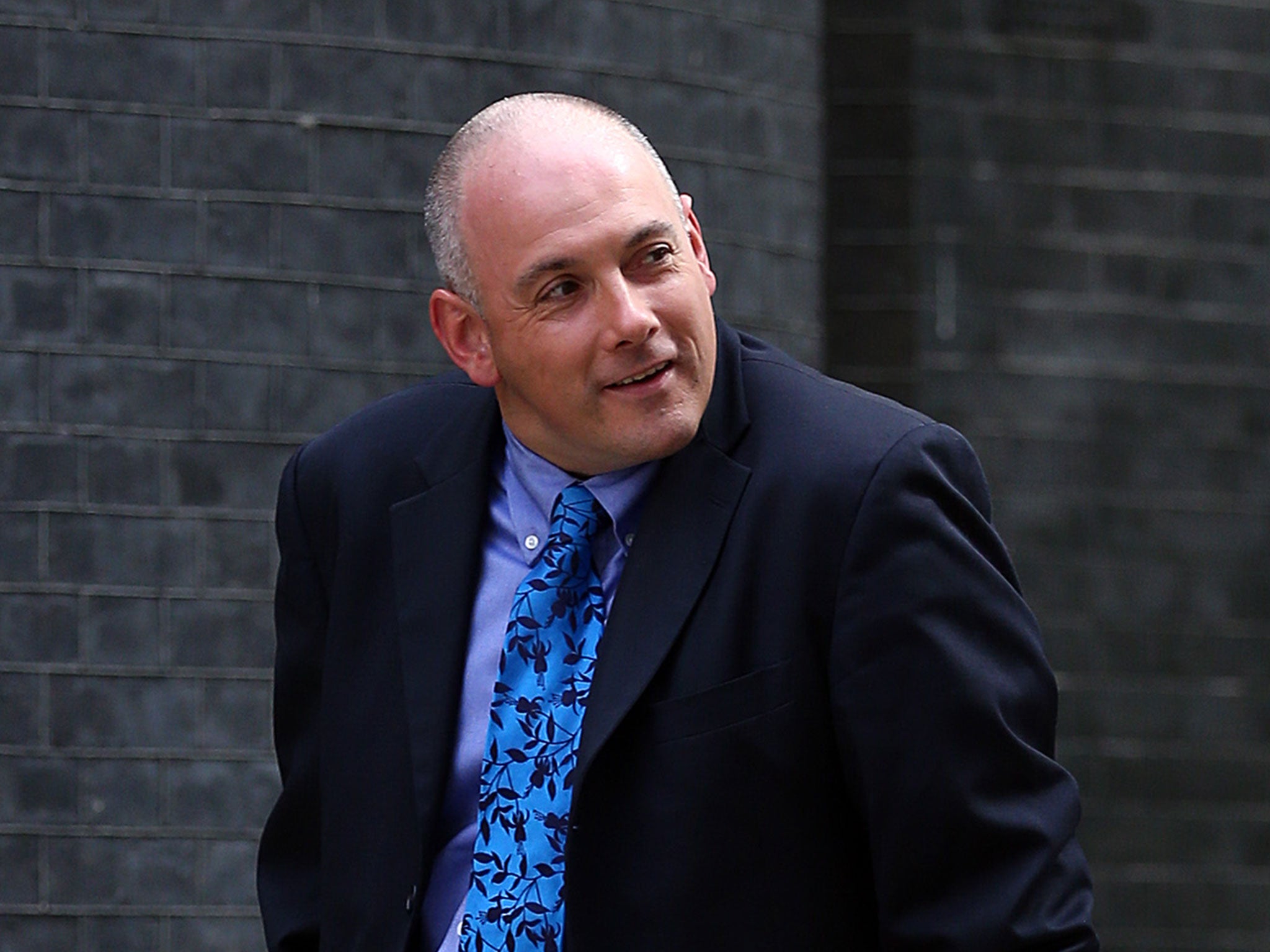Top universities should be open to vocational qualifications to boost diversity, says Tory MP
'Disadvantaged students are only going to take the risk of university debt to get a job'

Leading universities should be more open to vocational qualifications and degrees if they want to improve diversity in higher education, the chair of Education Select Committee has said.
Conservative MP Robert Halfon has also called for all students to be offered work experience and careers guidance by universities, as he argues that poorer students will only risk the expense of higher education “for the purpose of getting a job at the end”.
His comments come after Tim Bradshaw, head of the Russell Group, which represents the most selective UK universities, used an interview with The Independent to call on the government to bring back maintenance grants for the poorest students to help widen access to university.
The Tory MP said he had a “lot of sympathy” for maintenance grants – which were scrapped by the government in 2016-17 – being reintroduced for the most disadvantaged students.
But Mr Halfon added that it was not a “magic panacea” to solve the problem – and he called on universities to do more to boost the number of students from different backgrounds.
The group of 24 elite universities – which includes Oxford and Cambridge – are in the spotlight for failing to admit sufficient numbers of students from ethnic minorities and poorer backgrounds.
Speaking to The Independent, Mr Halfon said: “I think there needs to be a lot more acceptance of vocational qualifications from the Russell Group.”
The Russell Group publishes a list of “facilitating subjects” at A-level – maths, English, sciences, languages, geography and history – which are more frequently required for entry to degree courses.
The advice does not include BTEC qualifications – which are alternatives to the traditional A-levels.
Mr Halfon added that introducing degree apprenticeships at all universities would be “transformative”, saying that disadvantaged students would be able to “earn while you learn”.
“There is no debt. You are virtually guaranteed that you will get a job at the end. I think this would be transformative,” he said.
The chairman of the Education Select Committee – which recently held an inquiry into value for money in higher education – added that work experience and careers advice at university was vital.
He said: “People from disadvantaged backgrounds are only going to take the risk of taking out a loan or maintenance grant for the purpose of getting a job at the end and being secure in their lives.”
A spokesperson for the Russell Group said: “Encouraging more disadvantaged students into higher education is a complex challenge with no single solution. Reintroducing targeted maintenance grants is one potential part of the overall picture.
“A number of Russell Group universities have been involved in the development and delivery of degree apprenticeships, with many taking a lead in pioneering new provision in this space.
“Many new degree apprenticeships are particularly targeted to increase participation from under-represented groups including students from less advantaged backgrounds and women in STEM disciplines.”
Join our commenting forum
Join thought-provoking conversations, follow other Independent readers and see their replies
Comments
Bookmark popover
Removed from bookmarks